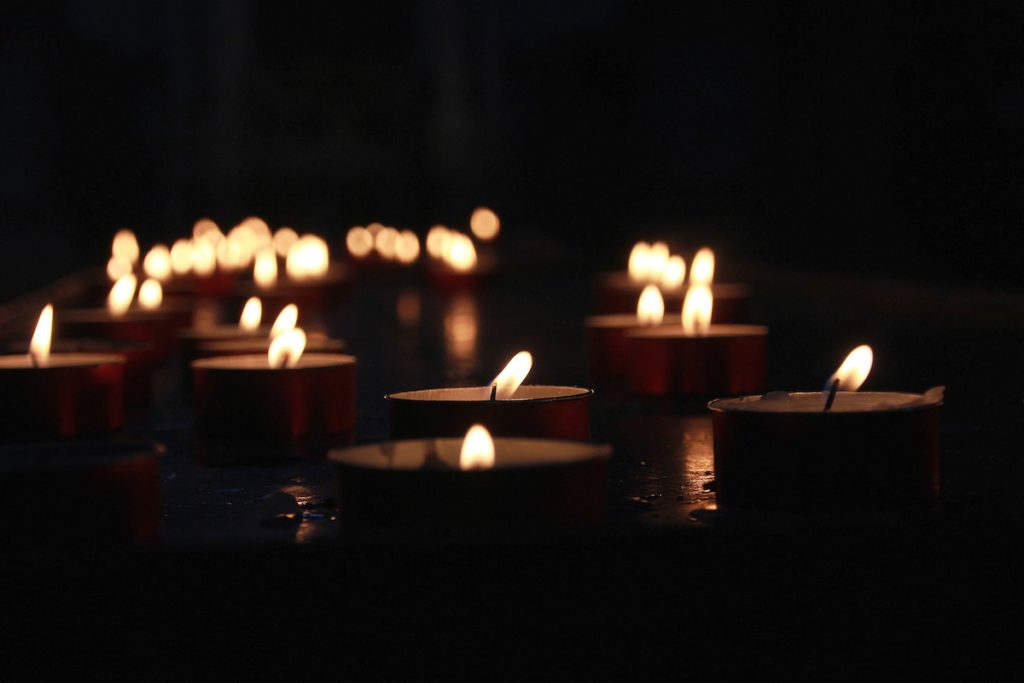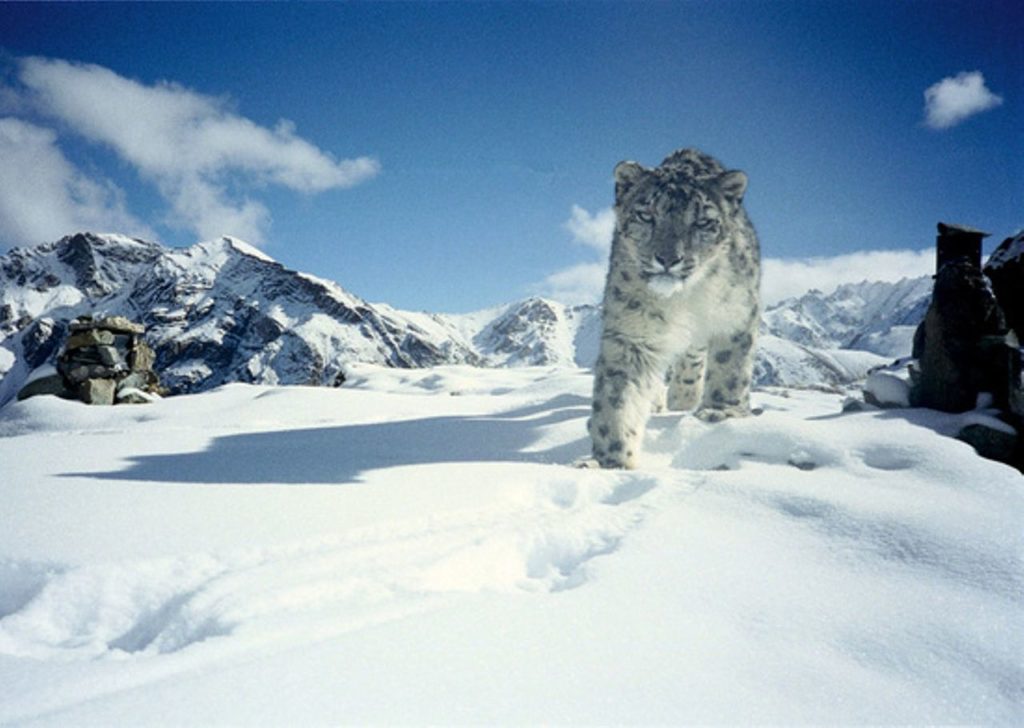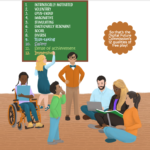
Photo by Zoran Kokanovic
In February of 2017, I participated in a workshop created by the organization Facing History and Ourselves on the topic Facing Ferguson: News Literacy in a Digital Age. Facing History and Ourselves is a nonprofit international educational and professional development organization founded several years ago. In the unit accompanying the Facing Ferguson workshop, the first topic covered is Preparing Students for Difficult Conversations.
This week Facing History and Ourselves offered immediate support to educators to help them prepare themselves for difficult and meaningful conversations with students in a post titled “Responding to Pittsburgh: How can we help students make sense of the Tree of Life synagogue shooting and a week of violence in the United States?” I encourage you to create the time this weekend to read “Preparing Students for Difficult Conversations” and “Responding to Pittsburgh.” Make sure to read through to the section Consider a Range of Meaningful Responses.
As students reflect on the impact of this week’s events in Pittsburgh and beyond, they should also consider positive ways that individuals and communities can respond—by denouncing hate, offering support to those who have been targeted, and asserting inclusive norms and values. You might share some examples of how people have responded to support the Tree of Life synagogue community in Pittsburgh: there have been vigils around the country, interfaith statements of support, and fundraising efforts to help the congregation and victims.
Discuss with students:
- What can we do if we ourselves are feeling vulnerable?
- How can we stand with and support others who are feeling vulnerable?
- What are some meaningful actions we can take, even if only in our own home, neighborhood, or school?
And in the final section of the post, Extensions, I recommend the first resource in the bulleted list, Not in Our Town, which focuses on how citizens of Billings, Montana responded to hatred in their community in the 1990s. It includes this short video clip from the PBS special, “Not In Our Town.”
As parents, we are educators too, whether we embrace that role or not. The Facing History and Ourselves resources can help us grow the skills required for conversations about the really hard stuff and model how to use the internet not just for the our daily work and entertainment, but for deepening our understanding, and choosing our responses.

Snow Leopard in Hemis National Park, India
What I am reading: The Guardian published a piece on Monday, October 29 titled “Humanity has wiped out 60% of animal populations since 1970, report finds.” And here is the subtitle: “The huge loss is a tragedy in itself but also threatens the survival of civilisation, say the world’s leading scientists.” Damian Carrington, The Guardian Environment editor wrote the piece about the new Living Planet Report 2018 by the World Wildlife Fund with the Institute of Zoology (London). I will eventually write more about this in this ongoing thread on #Conversations-about-the-really-hard-stuff.
At the same time I noticed this post about the report, I noticed that Wisdom Publications announced the publication of the book Ecology, Ethics and Interdependence, The Dalai Lama in Conversation with Leading Thinkers in Climate Change. The book is a record of the 2011 Mind & Life Dialogue in Dharamsala, India. The Mind & Life Dialogues are conversations between leading thinkers and His Holiness the Dalai Lama “addressing critical issues of modern life at the intersection of scientific and contemplative understanding.” The Dialogues started in 1987 with Mind & Life 1: Dialogues Between Buddhism and the Cognitive Sciences. You can watch the 2011 Mind & Life XXII Dialogues here. I had watched the videos shortly after they were published. Reading the book today is helping me prepare myself for the very hard conversations about the WWF report. I recommend it.


